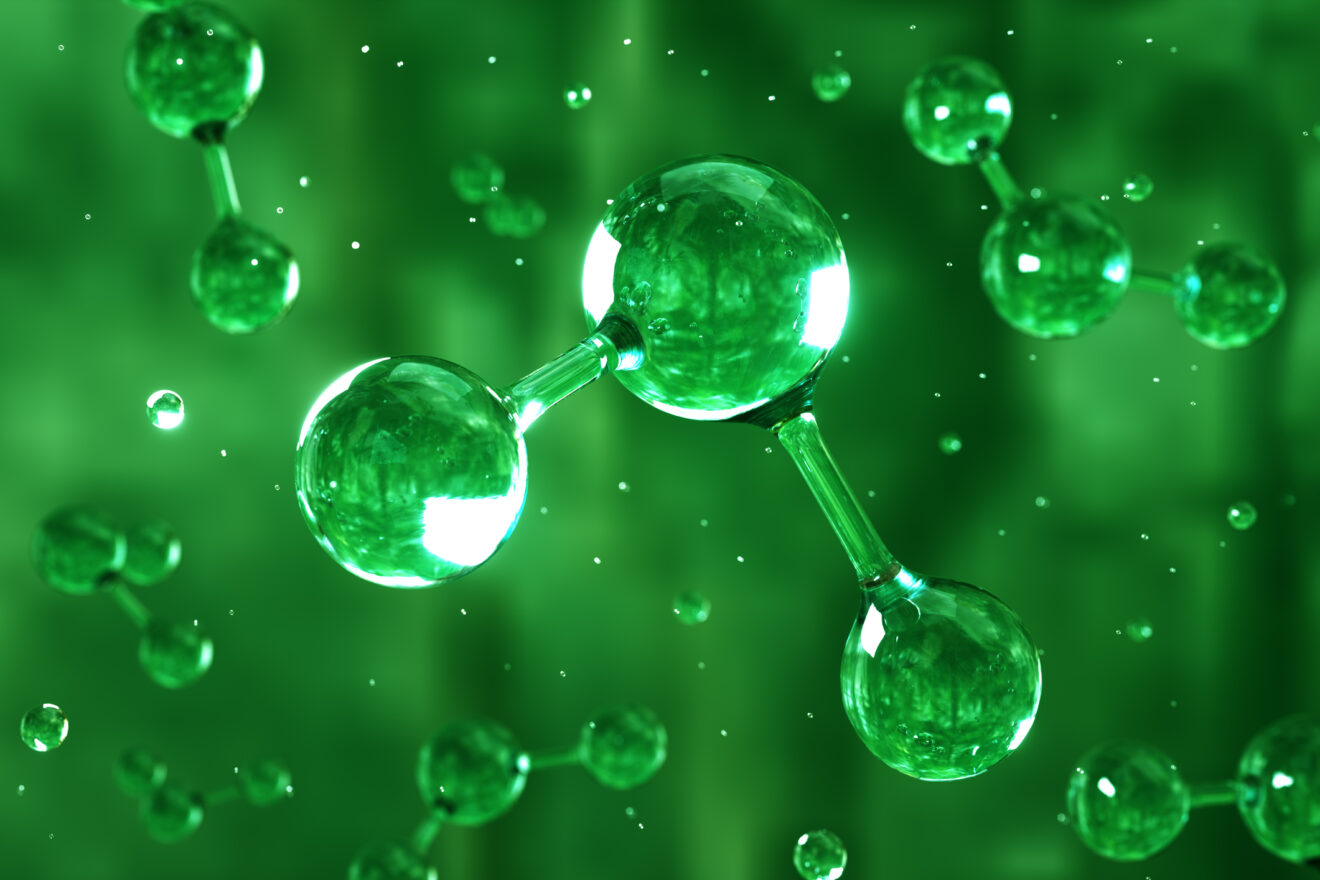The Chemical Facility Anti-Terrorism Standards, the global treaty on plastic waste and concerns about over-regulation are just a few of the issues the American Chemistry Council has been monitoring in 2023. SmartBrief’s Karen Kantor, editor for energy, chemicals and sustainability, spoke with ACC CEO and President Chris Jahn to discuss the challenges and successes of the past year.
SmartBrief: Congress has allowed CFATS to lapse after 15 years of delivering real results. How has the chemical industry been prioritizing safety in the absence of CFATS, and why is it important for Congress to reauthorize the program as quickly as possible?

Chris Jahn: In 2002, 5 years before CFATS was officially launched, ACC’s Board of Directors approved the adoption of the Responsible Care Security Code — a commitment by ACC members and Responsible Care partners to enhance the security of our facilities and our communities. The Code outlines 10 Management Practices to help companies continually improve security by identifying, assessing and addressing vulnerabilities, enhancing training and response capabilities, and engaging with customers, suppliers, service providers and government agencies.
The Security Code builds on the foundation of environmental health, safety and security established under Responsible Care and is recognized by local, state and federal governments as a model security program for chemical facilities and other US industries. In fact, the DHS SAFETY Act recognizes the Security Code as a Qualified Anti-Terrorism Technology.
We recognize it takes a commitment from all stakeholders, public and private, to keep our country safe from those who would threaten it. That’s why ACC and our members were disappointed that Congress, despite strong bipartisan support for the program, failed to reauthorize CFATS before a July deadline.
The loss of CFATS has left the chemical industry managing countless threats without valuable tools and support from the Department of Homeland Security. For example, our industry lost the ability to vet, on average, 300 names per day, or 9,000 names a month, to determine whether individuals who are trying to access chemical facilities have ties to terrorism.
Each day that passes without a solution from Congress makes it harder to restart CFATS and adds to the backlog of reviews and inspections that DHS will need to address. More importantly, every day that goes by without access to the tools that CFATS provides to companies compromises national security. Companies should not be forced to go it alone to combat terrorism. The White House must work with Sens. McConnell and Schumer to reinstate CFATS now.
SmartBrief: We’re excited to learn more about your Chemistry Creates, America Competes initiative. Why is over-regulation problematic for the ACC and its members? Can you share a couple of examples of how over-regulation is hampering innovation and the nation’s ability to compete? How could appropriate oversight and a science-based approach to regulation help the chemical industry support the Biden administration’s agenda?
Jahn: From the manufacturing of computer chips and electric vehicles, producing clean energy, rebuilding the country’s infrastructure, power delivery and national security, to supporting health care and biotechnology, our nation depends on the products and innovations made by America’s chemical industry.
But a massive surge in new regulatory restrictions and misaligned priorities between the Biden Administration and its agencies is jeopardizing the ability to produce and develop many of these chemistries critical to America’s future and US competitiveness. In fact, we’ve identified more than a dozen proposed new restrictions directly targeting the US chemical industry, and there are more in the pipeline. Some aim to outright ban certain chemistries. Others may regulate chemistries to levels where manufacturing becomes unviable or impossible.
This is about far more than the Toxic Substances Control Act — it’s air, water, climate, plastics and more. What’s more, these restrictions contradict policy priorities set forth by laws like the Inflation Reduction Act, Infrastructure Investment and Jobs Act, and CHIPS and Science Act.
The EPA and other agencies must come to the table, put science first, and develop rules and regulations that protect health and the environment without killing innovation, weakening supply chain resiliency and sending jobs to countries like China. The Biden Administration, EPA, other federal agencies and Congress must do a better job of taking into account real-world supply chain and whole economy impacts of regulatory outcomes before they propose new regulations.
SmartBrief: What are your priorities for the global treaty on plastic waste? Some parties are advocating for a reduction in virgin/new plastic production over investment in recycling infrastructure. Why is this problematic?
Jahn: ACC is advocating for a plastics agreement that accelerates a circular economy, where used plastics are remade into new plastics instead of discarded. Circularity is more than recycling; it involves designing products to be reused or easily remade, incorporating recycled plastic in new products and providing adequate waste management to the approximately 3 billion people who currently lack it. This is best accomplished by creating demand signals, such as recycled content and recycling rate targets, that will unlock investments in product design innovations, collection and recycling infrastructure. The agreement should not reduce the supply of a material used in so many products essential to a more sustainable, healthier and lower-carbon future; it should focus on reducing pollution.
Karen Kantor is the editor for energy, chemicals and sustainability at SmartBrief.
Opinions expressed by SmartBrief contributors are their own.
_________________________
Subscribe for FREE to the ACC SmartBrief’ email newsletter. It’s among SmartBrief’s more than 250 industry-focused newsletters.
